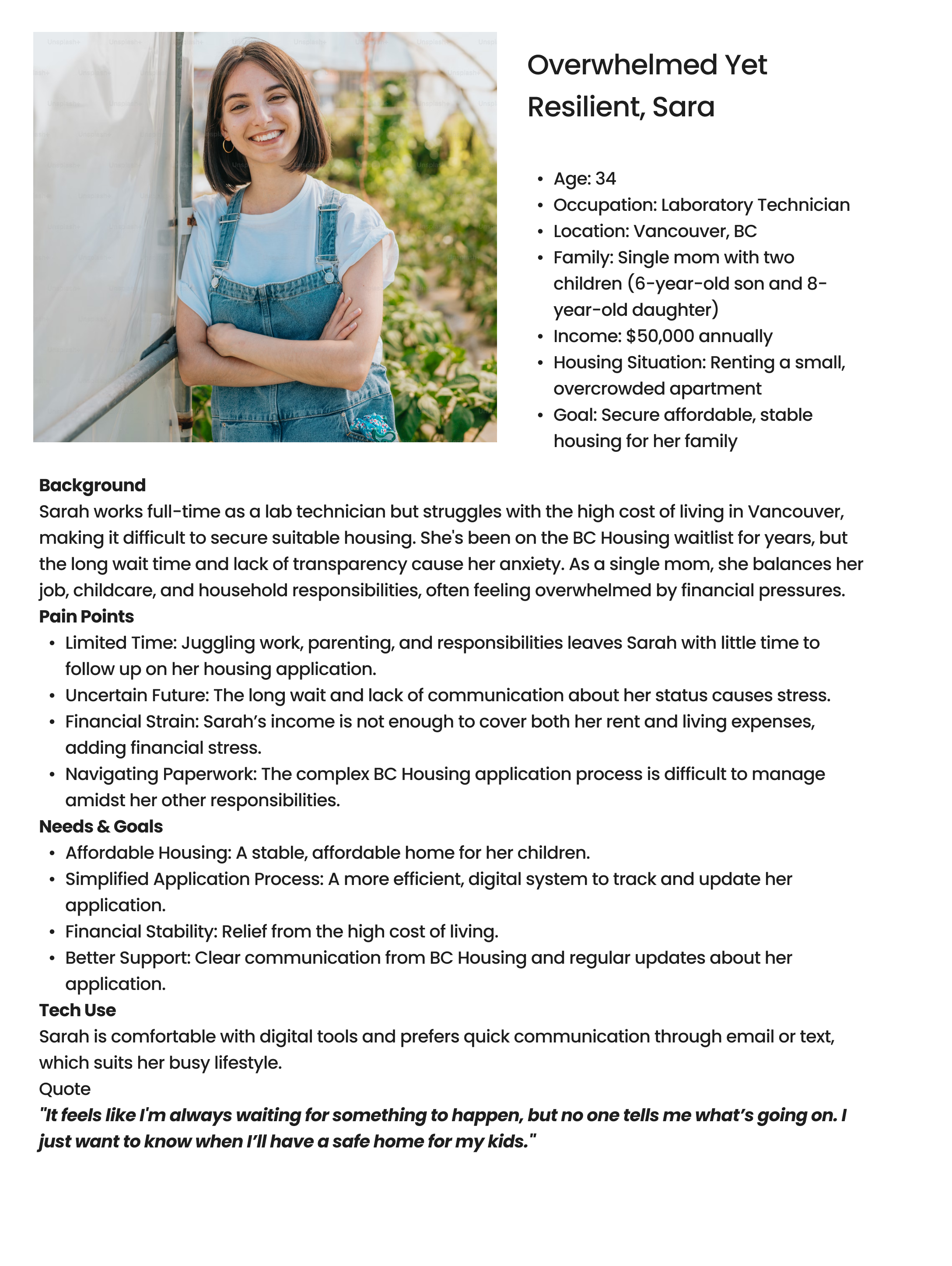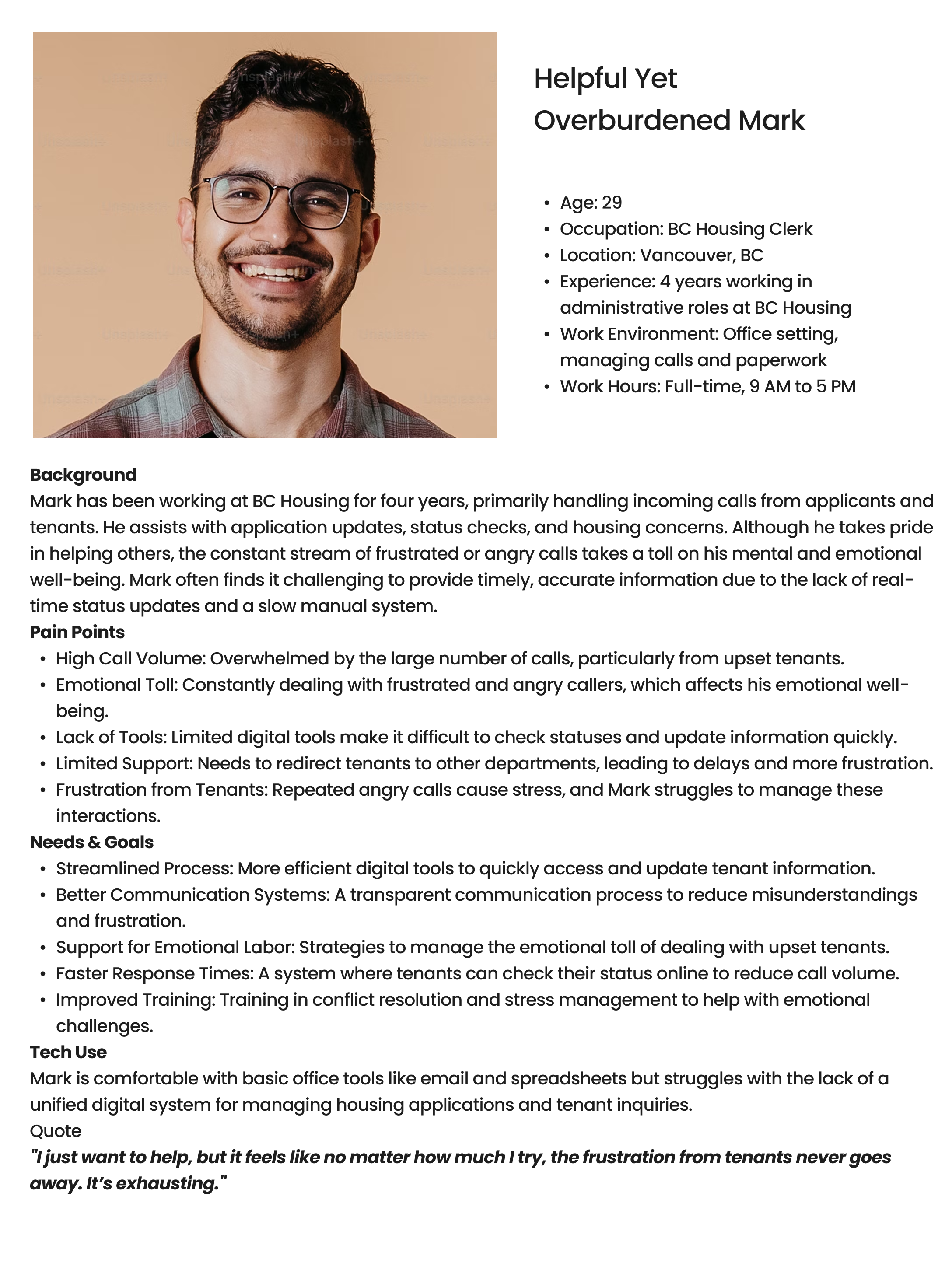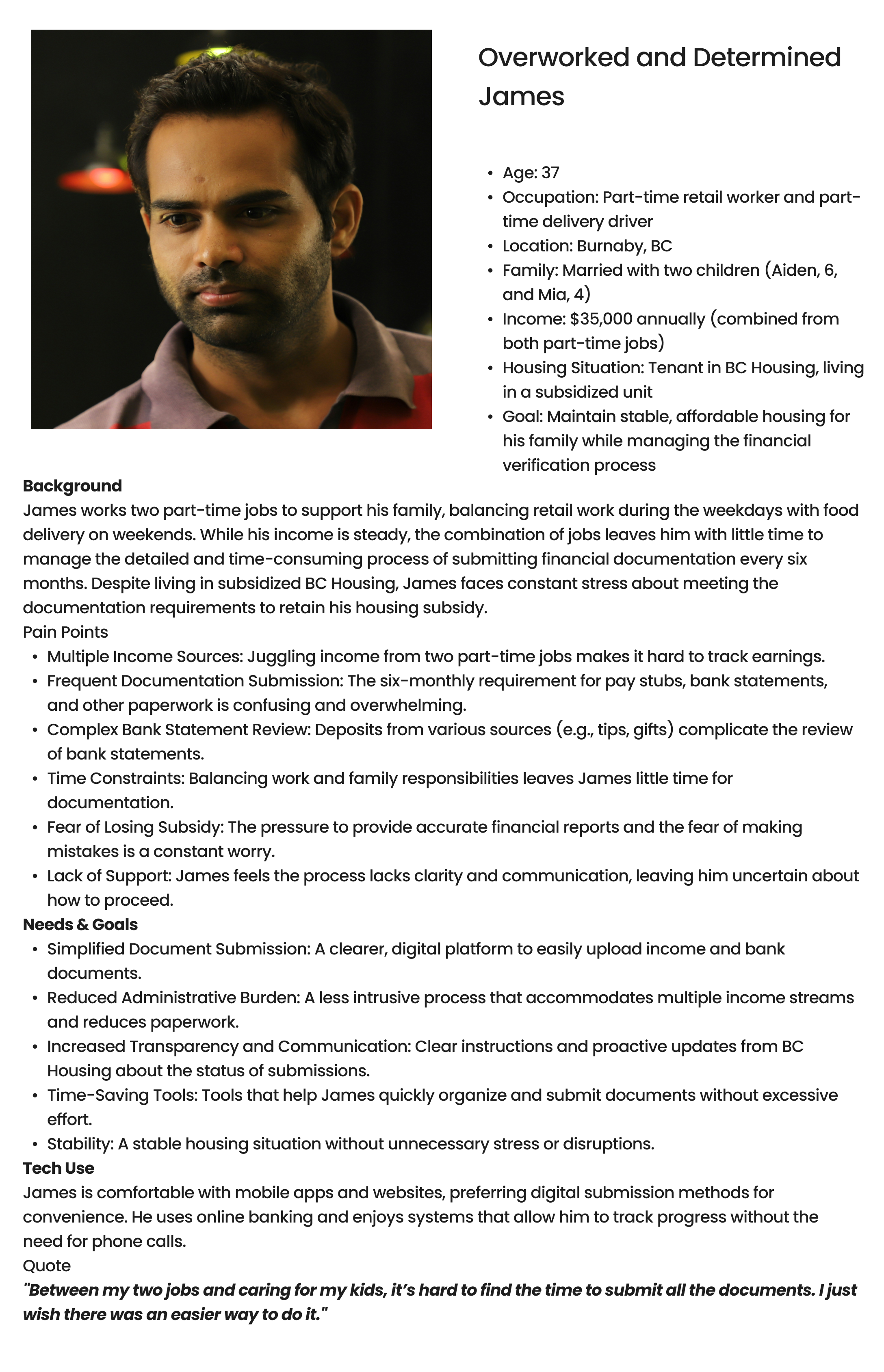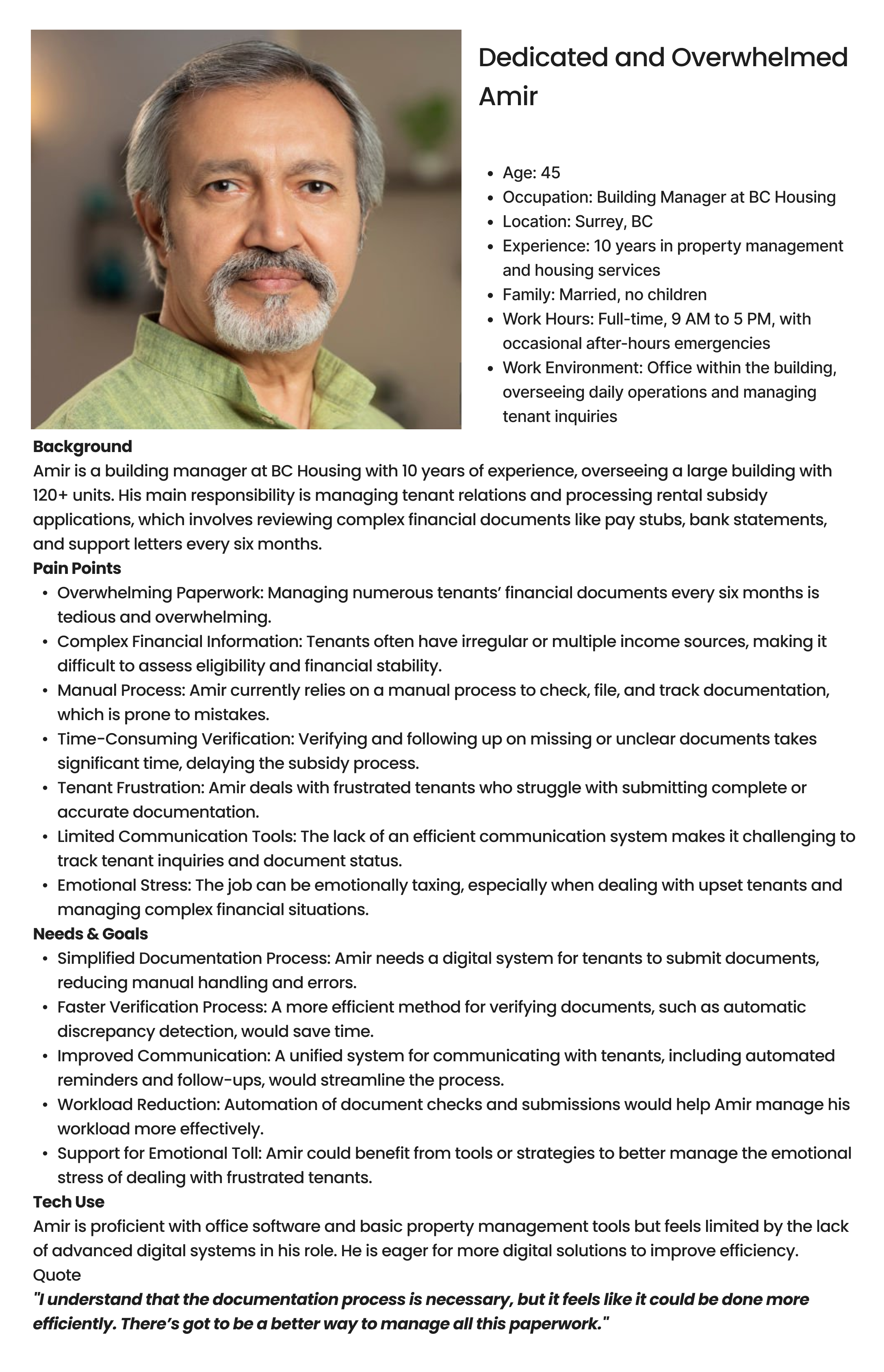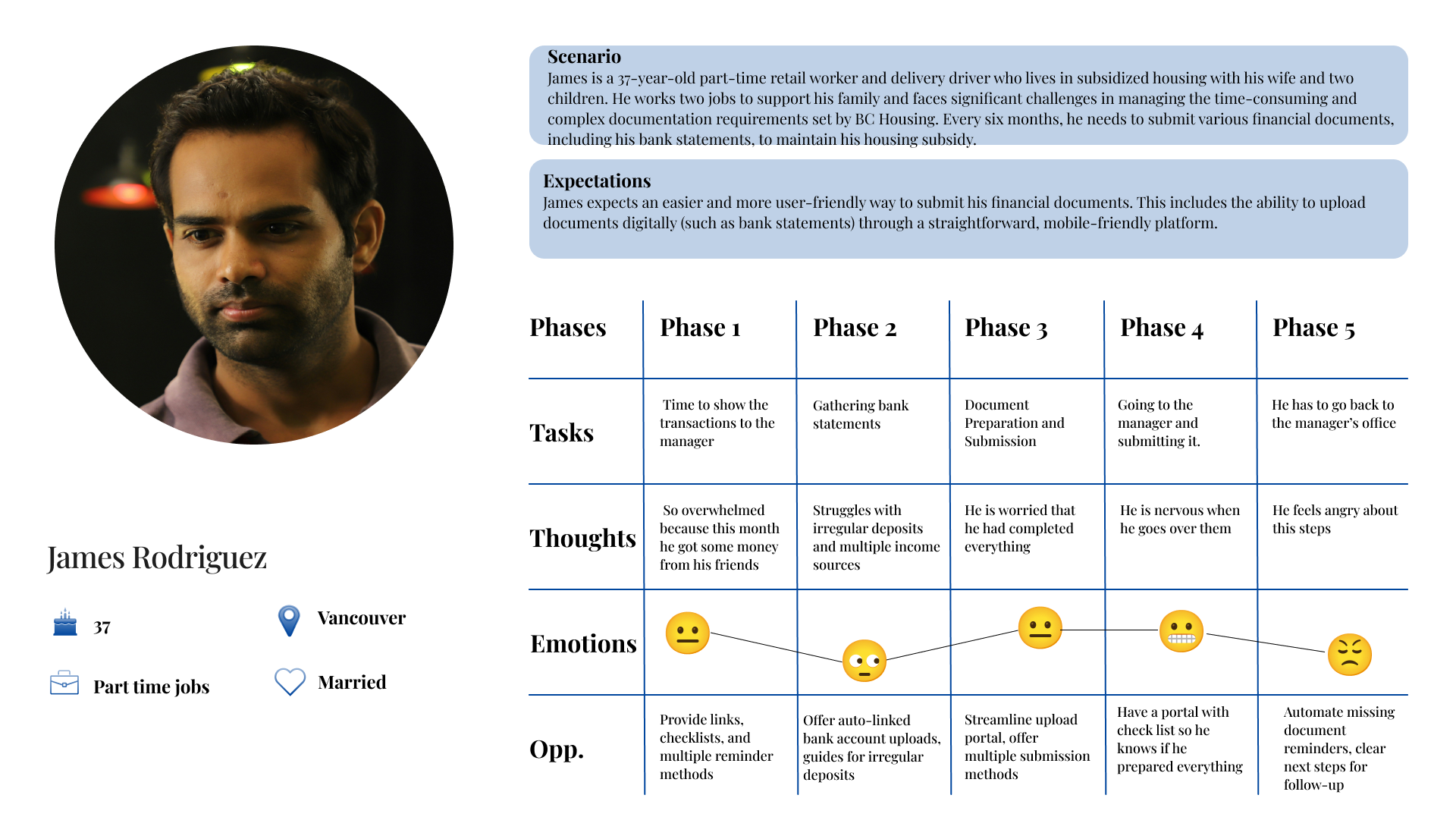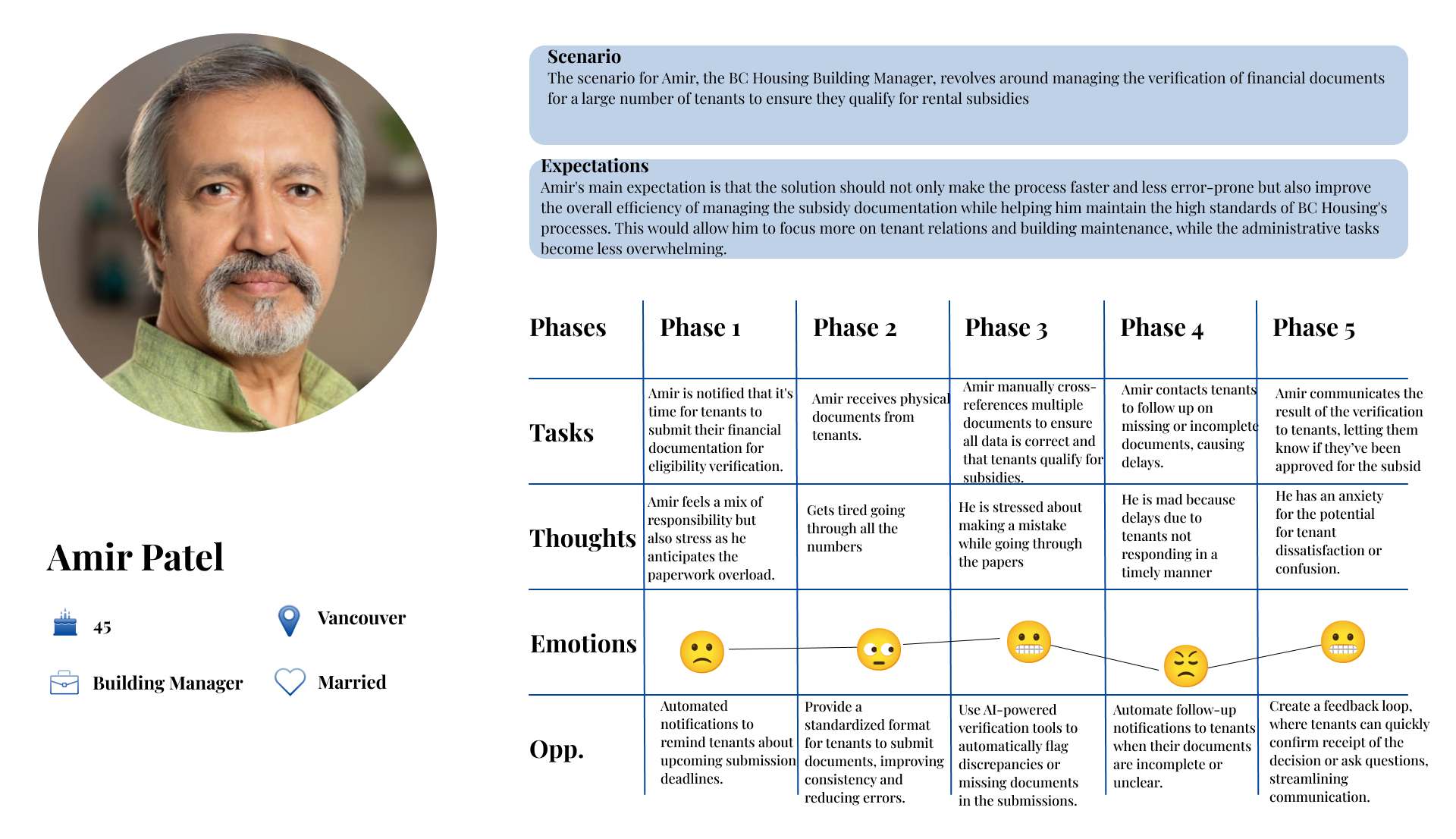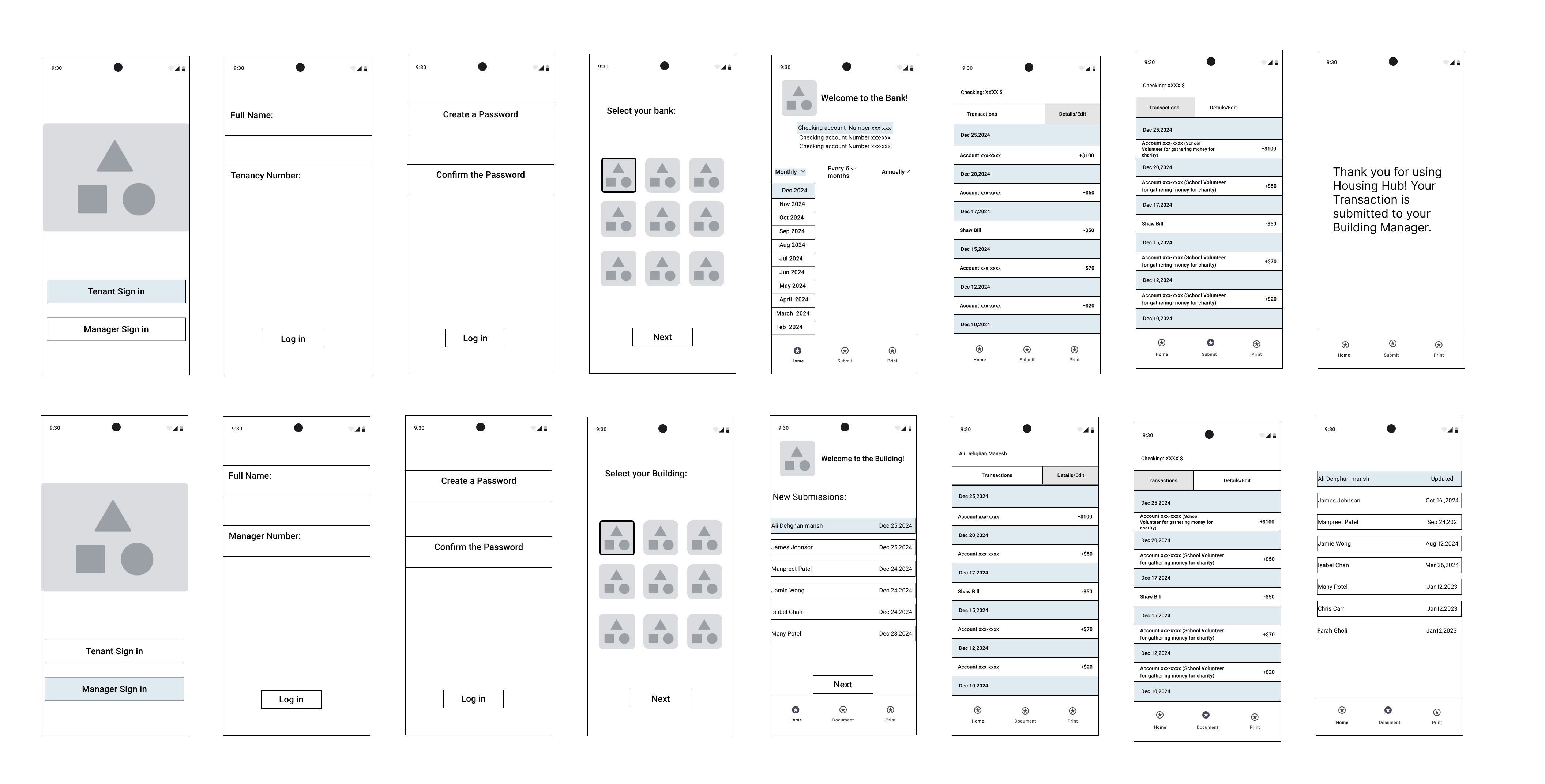BC Housing is a government organization that provides affordable housing options to residents of British Columbia, particularly for individuals and families with low to moderate incomes. They offer a range of housing programs, including rental subsidies, social housing, and supportive housing.
For applicants, securing housing through BC Housing can be a challenging and often lengthy process. The application procedure involves completing extensive paperwork, including income verification and financial documentation. Applicants may face long wait times, sometimes several years, due to high demand and limited availability of units. They must regularly submit updated financial information to maintain eligibility for housing, a process that can be time-consuming and stressful. Additionally, applicants are required to stay proactive by checking their application status and ensuring their documents are up to date, which can be overwhelming, especially for those with irregular incomes or complex financial situations.
The purpose of this case study is to gain a comprehensive understanding of the challenges faced by applicants, tenants, building managers, and BC Housing clerks. By examining these challenges in depth, the goal is to identify opportunities to streamline and improve the application process.
Project Overview
The Kick-Off
Project type: Volunteer Project
Timeline: 4 Weeks
Role: Researcher, UX/UI Designer
Tools: Figma
This project was conducted from December 6, 2024, to January 6, 2025, with a primary focus on identifying the challenges applicants face during the BC Housing process and addressing their concerns. As part of the project, interviews were conducted with tenants, building managers, and the BC Housing Application Center to gather diverse perspectives. These interviews provided valuable insights into the process and areas for improvement.
Empathize
Interviews with tenants
A starting point for change
Three BC Housing tenants were interviewed to gain insights into their experiences with the process. The discussions focused on how they applied, the duration of their wait on the housing list, how they received their tracking number, how they found their current housing, and how they manage and track their bank statements and income to submit to the building manager every six months.
Here is Interview Insights: Key Findings from Tenants
Prolonged Waiting Periods
- Insight: Tenants reported spending years on the waitlist, leading to significant feelings of disappointment and frustration.
- Impact: The lengthy waiting time creates emotional distress and a sense of hopelessness among applicants.
Lack of Transparency and Communication
-
Insight: Tenants rely on calling clerks to get updates about their application status due to the absence of an online profile or system to check the status themselves.
- Impact: This manual process is inconvenient, time-consuming, and contributes to dissatisfaction with the service.
Inconsistent Income Reporting Practices
- Insight: Income verification is conducted based on the manager’s discretion, typically every 6–12 months. However, keeping track of income is challenging for tenants, especially those with multiple income sources or financial gifts from others.
- Impact: The lack of a standardized and tenant-friendly income reporting system creates confusion and increases the risk of errors in reporting.
Application Expiry Without Notification
-
Insight: Applications are automatically removed from the system after six months if the applicant doesn’t follow up or if they have already found housing. Tenants wishing to change housing must reapply and restart the process.
- Impact: This adds unnecessary complexity and frustration for tenants who wish to transfer housing, further delaying their housing needs.
Lack of Post-Tenancy Follow-Up
- Insight: Once tenants move in, BC Housing does not follow up to check on their well-being or address any potential conflicts in their new housing.
- Impact: This lack of post-tenancy engagement can leave unresolved tenant issues or conflicts unaddressed, reducing overall satisfaction and housing stability.
Getting to learn about the applicants and their experiences as future tenants, I then progressed to interviewing building managers to gain deeper insights into the process.
Getting deeper into the problem
Interviews with the building managers
The next step involved interviewing BC Housing building managers to gain insights into their experiences and processes. The questions focused on their tenure as managers, a walkthrough of the process for securing a subsidized home, how tenants are selected, any complications they face with tenants, the process of reviewing financial documents annually or every six months for new tenants, and the challenges associated with managing these tasks.
Here is the Interview Insights: Key Findings from Managers
Role and Experience of Managers
-
Insight: Managers interviewed have 2–9 years of experience and focus primarily on tenant support. They do not participate in the application submission or approval process, which is handled by BC Housing and the board of directors.
- Impact: Managers act as intermediaries for tenants, addressing concerns only after housing has been assigned, which limits their ability to provide support during the application process.
Application Submission Process
- Insight: Applicants must submit their applications and supporting documents either online or physically to BC Housing. Once submitted, the application is reviewed by the board of directors.
- Impact: This separation from the application process limits managers’ involvement, potentially creating a gap in guidance for applicants navigating complex requirements.
Extensive Documentation Requirements
- Insight: The application process for rent subsidies requires extensive documentation, including: Three current pay stubs.
Income tax returns and Notice of Assessment.
Three months of bank statements showing all deposits.
A letter from the bank listing all accounts, assets, and deposits. - Impact: The level of detail required can feel invasive to applicants, creating a perception of mistrust and discouraging some from completing the process.
Annual Income Reassessment
- Insight: Tenant income and deposits are reassessed yearly, requiring updated documentation similar to the initial application.
- Impact: The annual reassessment process can be burdensome for tenants, especially those with irregular income streams or multiple income sources, leading to stress and potential errors in reporting.
Focus on Income Verification and Honesty
- Insight: Managers highlighted the importance of applicants being honest about their income, with the three months of bank statements being used to verify deposits and ensure accuracy. However, this level of scrutiny was initially seen as invasive.
- Impact: The invasive nature of income verification can erode trust between tenants and BC Housing, making the process feel overly rigid and impersonal.
The next step in understanding the problem was to reach out to BC Housing directly to ask about their process. This was important to get a better understanding of the information I had gathered from tenants and building managers was accurate and aligned with the official procedures. By speaking with BC Housing, I was able to clarify some uncertainties and confirm parts of the details of the process. This helped me get a few more insights that were based on a bit more reliable, up-to-date information. This step helped provide yet one more level of understanding of the challenges involved and the areas that needed improvement.
Requesting More Information
Interview with BC housing clerk
I had a question for the BC Housing staff that I was eager to get answered: “Why doesn’t BC Housing digitalize the process of checking applicants’ status?” After three days of searching for someone who could provide an answer, I finally spoke with a receptionist at the BC Housing Application Service. When I asked my question, she responded, “No one can answer your question!” so i continued with my questioning…
Here is the Interview Insight: Application Service Process
Current Status of Application Submission
- Insight: Applications can be submitted via mail, in person, or online, but there is no system for applicants to check the status of their application. Applicants must call BC Housing to receive updates, including their tracking number.
- Impact: This reliance on manual communication creates inefficiencies, adds to applicant frustration, and burdens staff with repetitive inquiries.
Lack of Digitalization for Status Tracking
- Insight: When asked why the process isn’t digitalized, the response highlighted the complexity of building such a system. While efforts are being made to address this, progress is slow, as it requires significant resources and time to implement.
-
Impact: The lack of a digital status tracking system leaves applicants feeling disconnected and uncertain about their application’s progress, contributing to a negative user experience.
Define
After conducting the interviews and collecting relevant information, two senarios and corresponding problem statements were created. These addressed the challenges faced by both applicants and tenants. Additionally, the difficulties encountered by managers and clerks were considered, and their perspectives were captured through separate personas.
Senario 1:
Applicant and the BC housing clerk
Problem Statement
Affordable housing applications for low-to moderate income British Columbia residents do not have a proper digital solution in place.
How might we simplify the BC Housing application process to reduce the need for tenants to call and check their application status?
A potential solution:
Introduce a Self-Service Portal: A centralized digital platform that allows tenants to track their application status, view income reporting history, and access renewal deadlines, providing a seamless and transparent user experience.
Exploring Tenancy Issues in Depth
Journey maps for tenant and the building manager
Journey maps were created for both the tenant and building manager to identify and clarify the challenges experienced within the BC Housing process.
Senario 2:
BC housing tenant and the building manager
Problem Statement
BC Housing tenants don’t currently have a digital solution for organizing, managing and sharing there transactions with their housing managers.
How might we make the annual income reassessment process easier for tenants, especially those with irregular or multiple income sources, while still keeping things accurate and efficient?
A journey through BC Housing
BC housing service blueprint
A service blueprint was created for Sarah, a BC Housing applicant, to highlight the challenges she faces throughout the process.
A potential solution
Ideate
I envisioned a user-friendly app designed to assist both tenants and managers. Tenants can log in, record their transactions, and submit them directly to their manager, adding personalized notes to explain each entry. Similarly, managers can use the same app to log in, review tenant submissions, and document them efficiently, streamlining communication and record-keeping.
Prototype
Making a simple prototype
Bringing an Idea to practice
The future features
Shaping a Streamlined Future for Tenants and BC Housing Managers
For Tenants:
- Transaction Logging: Easily record financial transactions in real time, with fields for details and notes.
- Notes for Transactions: Add personalized notes to provide context for each transaction (e.g., gifts, income, or bills).
- Submission Options: Submit financial records to managers with flexible schedules—monthly, semi-annually, or annually.
- Reminders and Notifications: Receive alerts about submission deadlines and missing records.
- Progress Tracking: View the status of submitted records and upcoming deadlines at a glance.
- Secure Document Upload: Upload additional supporting files like pay stubs or bank statements.
- Access History: Track previously submitted records for reference or auditing purposes.
For Managers:
- Centralized Dashboard: Review tenant submissions and track the status of documentation.
- Document Verification: Flag missing or unclear entries and request clarifications from tenants directly through the app.
- Automated Organization: Sort and categorize tenant submissions by date, status, or type.
- Communication Tools: Chat or send notes to tenants for follow-up or additional details.
- Audit Trail: Maintain a clear, accessible history of all reviewed and approved submissions.
- Access Control: Assign permissions to ensure secure data handling.
For Both:
- Mobile and Desktop Accessibility: Use the app on any device, ensuring convenience for all users.
- Data Security: Protect sensitive tenant and manager information with robust encryption and authentication measures.
- User-Friendly Interface: Navigate easily with an intuitive design tailored to all skill levels.
Conclusion
In conclusion, the project focused on addressing the challenges faced by both BC Housing applicants and managers, aiming to streamline the housing process for greater efficiency and transparency. Through in-depth interviews, user journey mapping, and a thorough understanding of the pain points involved, the development of an app concept emerged as a potential solution. This app would allow tenants to easily track, organize, and submit their financial transactions, while providing BC Housing managers with a centralized platform to review and manage submissions. By simplifying tasks, improving communication, and reducing administrative burdens, the proposed solution has the potential to enhance the experience for both tenants and housing staff, ensuring a smoother and more efficient process for all.
More Projects

Brandmegaphone is a digital marketing agency that specializes in creating impactful advertising campaigns for businesses.
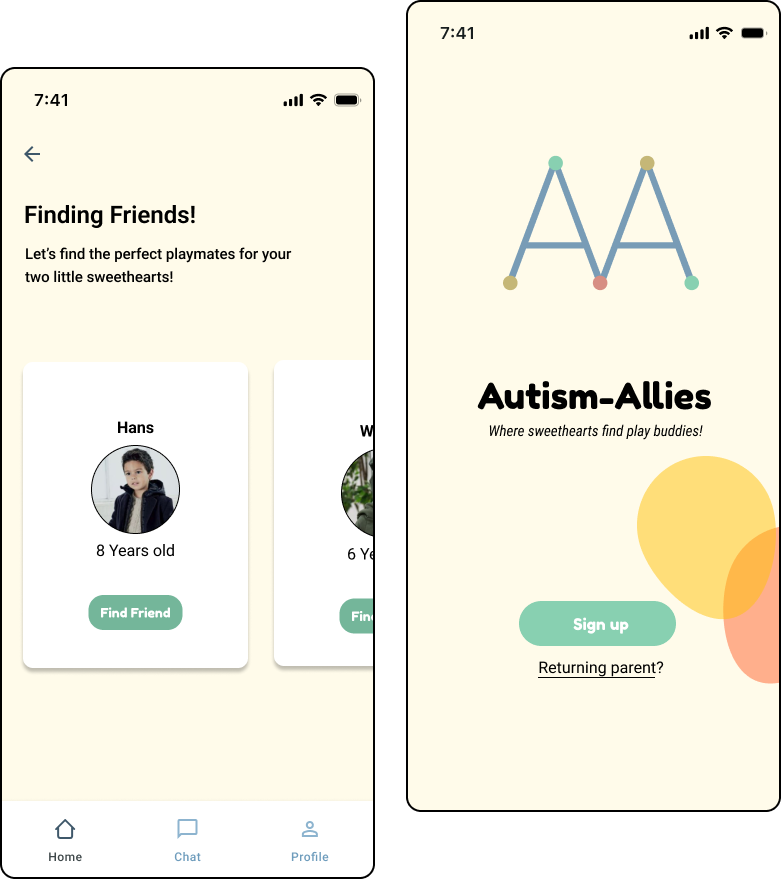
Autism Allies connects autistic kids to enhance social activities and provide greater benefits for them.

Her Voyage helps the solo women traveller find companions for their trip.
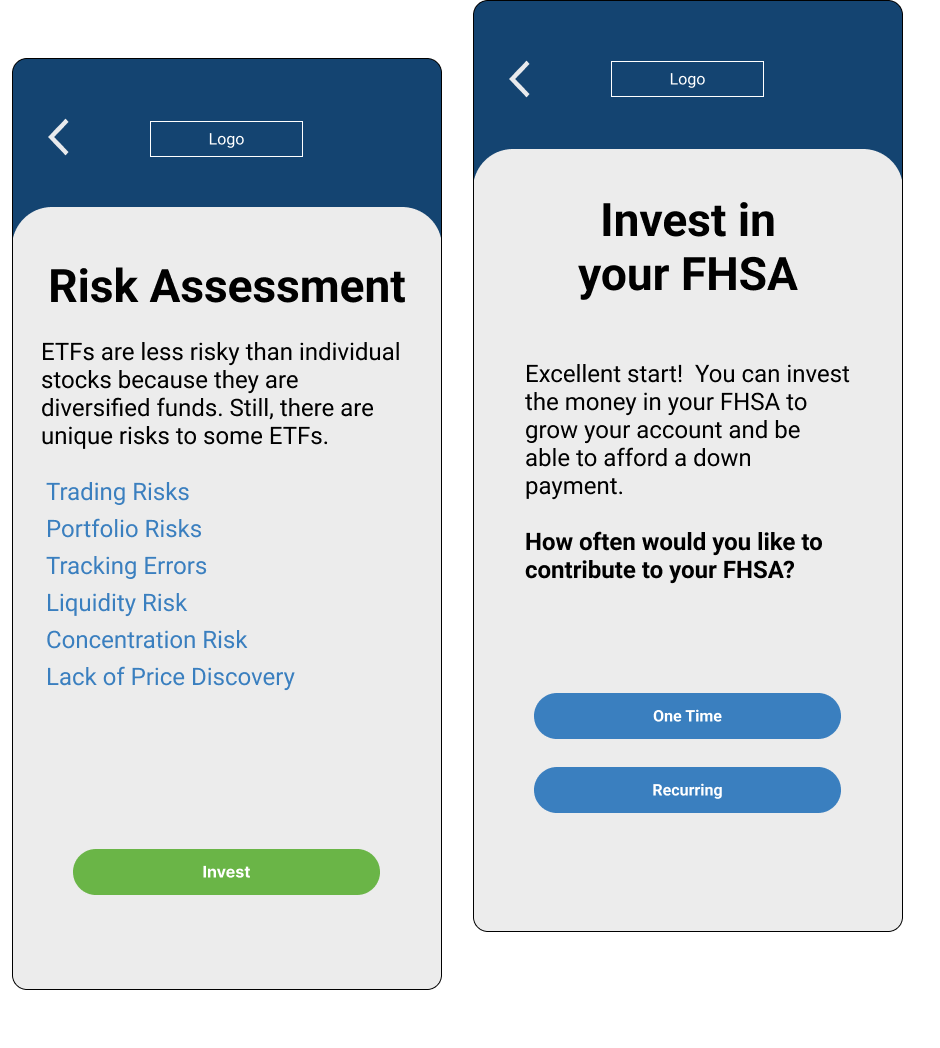
Piggy Bank helps young adults who have little disposable income and lack the confidence and knowledge to start investing.

